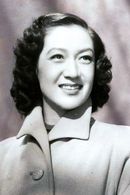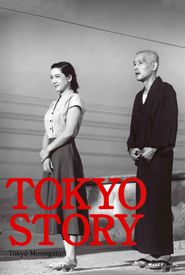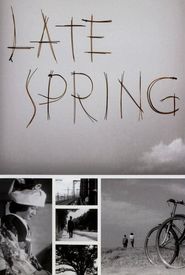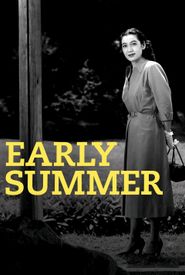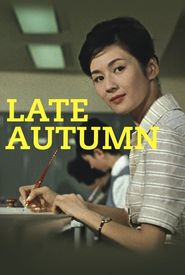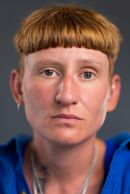Setsuko Hara's illustrious film career spanned an impressive three decades, earning her the reputation as one of Japan's most beloved stars. Her signature character type, often portrayed as a devoted daughter, staying true to her parents and home, led to the enduring nickname "the Eternal Virgin". To some extent, her real life mirrored her on-screen roles, as she chose to remain single and childless, a decision that sparked controversy in Japan during the 1950s.
Despite her immense popularity, Hara's life was not without its challenges. She struggled with poor health, missing out on several key roles due to her condition. Additionally, she witnessed the tragic death of her brother, a camera man, in a freak train accident on set.
In 1963, following the passing of her mentor, director Yasujirô Ozu, Hara made the shocking decision to retire from the film industry at the age of 43, at the height of her popularity. Her sudden departure from the industry left her fans, colleagues, and the press stunned. She cited that acting had never brought her joy and that she had only pursued a career to provide for her large family, an explanation that sparked a backlash in terms of her popularity.
Hara subsequently moved to a small house in the picturesque town of Kamakura, where she lived alone, but maintained a social circle of friends. She refused all subsequent film offers, choosing instead to live a quiet life.
Throughout her career, Hara worked with some of Japan's most renowned directors, including Yasujirô Ozu, with whom she collaborated on six films, including the iconic Norikotrilogy, with Tokyo Story (1953) being one of the most well-known. She also had the opportunity to work with Akira Kurosawa, Mikio Naruse, Hiroshi Inagaki, and many other esteemed filmmakers.
